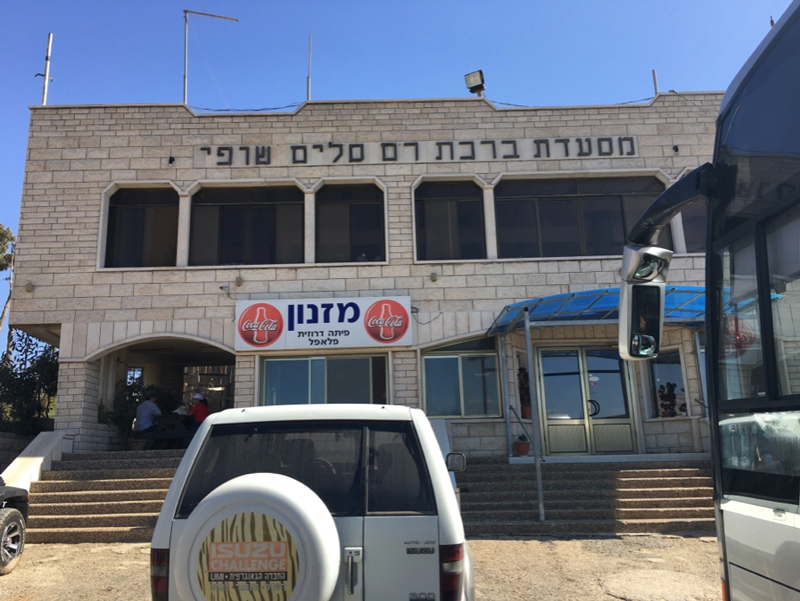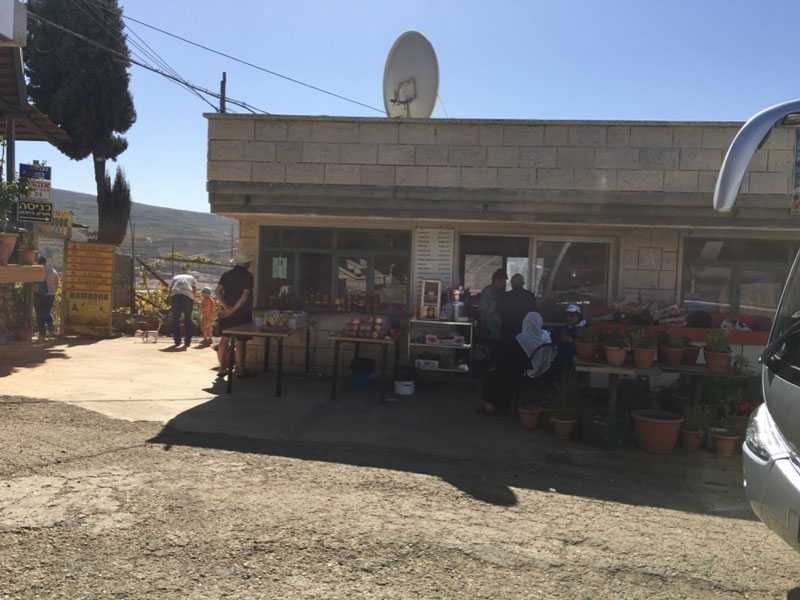Saturday, October 15
Druze Village
The Druze are a small - four villages - minority in Israel, usually considered Muslim but actually with a unique religion of their own whose central tenets are little understood outside of their community. We visited their area and ate in one of their restaurants because, outside of Israel, so little is known about such smaller ethnic communities. Most, like the Druze, have been roundly persecuted throughout the Middle East. The Jews, having themselves experienced horrible persecution, are especially sensitive to protecting such minorities.
Druze are Israeli citizens and the men serve in the Israeli Defense Forces (IDF) and as Israeli policemen. One of their men was killed protecting an Israeli synagogue, and their loyalty is respected and honored. Here’s a portion of a Ynetnews article from 2014:
The Druze police officer who lost his life in Tuesday's terror attack is being honored by the ultra-Orthodox community, which was hit the hardest in the deadly terror attack on a synagogue, and the community is urging Haredi youths to attend the young officer's funeral service.
The ultra–Orthodox community determined Wednesday that Master-Sergeant Zidan Saif, the Druze policeman who died from wounds sustained in Tuesday morning's synagogue terror attack was a "Righteous Among the Nations", and many urged their public to attend his funeral, even arranging free transportation from the Jerusalem International Convention Center.
Here’s what Wikipedia says about them:
The Druze faith is a monotheistic and Abrahamic religion based on the teachings of Hamza ibn-'Ali, al-Hakim, Plato, Aristotle, Socrates and Akhenaten.[18][19] The Epistles of Wisdom is the foundational text of the Druze faith.[20] The Druze faith incorporates elements of Ismailism,[21] Judaism,[12] Christianity,[12] Gnosticism, Neoplatonism, Pythagoreanism, Hinduism according to some,[22][23] and other philosophies and beliefs, creating a distinct and secretive theology known to esoterically interpret religious scriptures and to highlight the role of the mind and truthfulness.[12][23] The Druze follow theophany, and believe in reincarnation or the transmigration of the soul.[24] At the end of the cycle of rebirth, which is achieved through successive reincarnations, the soul is united with the Cosmic Mind (Al Aaqal Al Kulli).[25]
Although dwarfed by other, larger communities, the Druze community played an important role in shaping the history of the Levant, and continues to play a large political role there. As an ethnic and religious minority in every country in which they live, they have frequently experienced persecution, except in Israel where they serve in the highest echelons of society, including judges, parliamentarians, diplomats, doctors, etc. Even though the faith originally developed out of Ismaili Islam, Druze are often not considered Muslims.[26][27][28][29] Fatimid Caliph Ali az-Zahir, whose father al-Hakim is a key figure in the Druze faith, was particularly harsh, causing the death of many Druze in Antioch, Aleppo, and northern Syria. Persecution flared up during the rule of the Mamluks and Ottomans.[30] Most recently, Druze were targeted by the Islamic State of Iraq and the Levant and Al-Qaeda[31] in order to cleanse Syria and neighboring countries of non-Islamic influence.[32]
They do not marry outside of their own group, and anyone who does is disowned. They believe in reincarnation, and so assume that all Druze are reborn as Druze: When someone dies, he or she comes back again into the community as a baby.
We ate at a Druze restaurant where we enjoyed regular Israeli food and a Druze specialty: a huge crepe (18”) covered with goat cheese and spices, and then folded up like a giant spring roll.
Here’s the restaurant:


They also sell fresh fruits and vegetables from their nearby farms:

